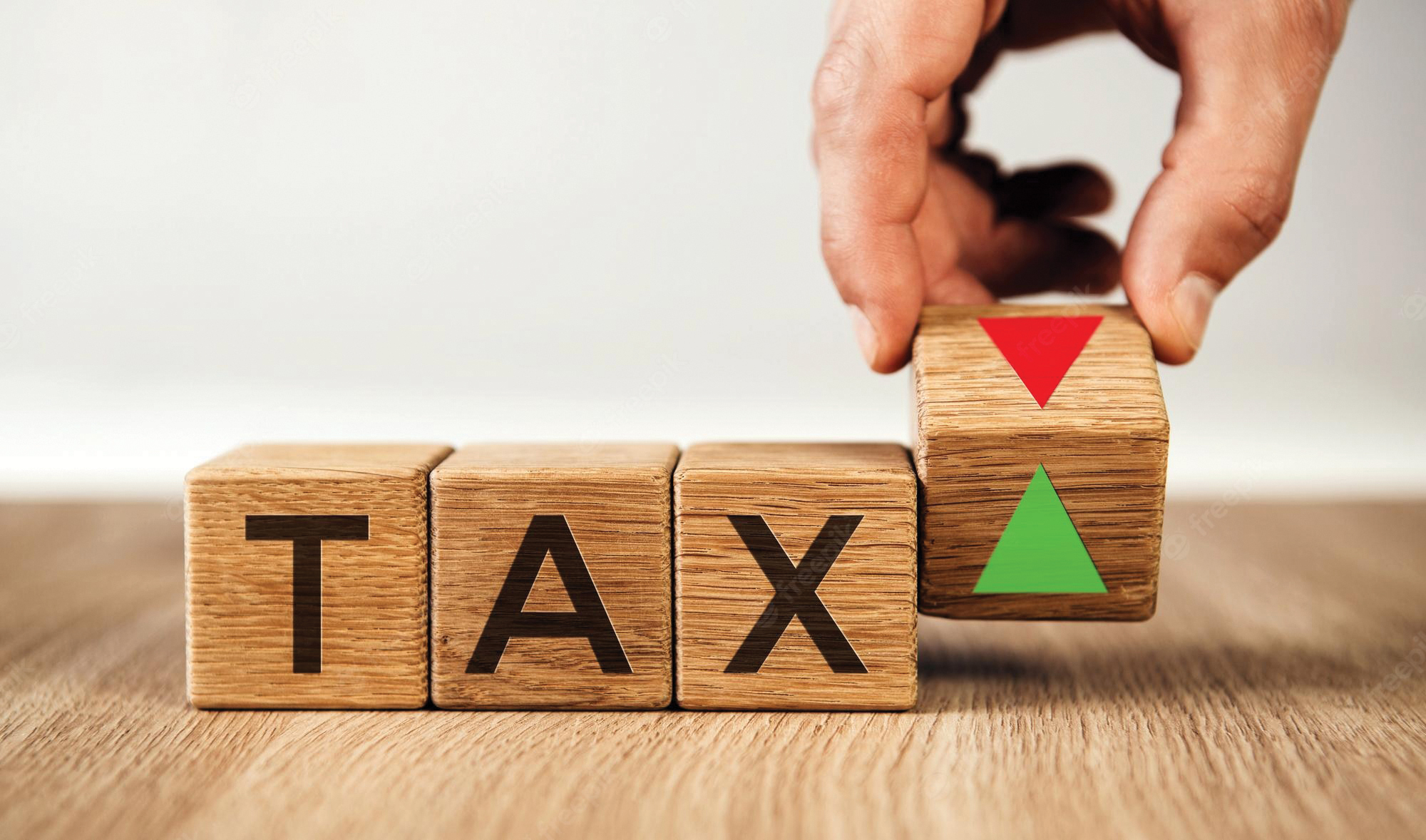 “Let me tell you how it will be…there’s one for you, 19 for me.” You probably recognize those lines from The Beatles’ “Taxman,” the opening track of their Revolver album. Even the rock apostles John and Paul lamented paying high taxes, immortalizing the subject into song.
“Let me tell you how it will be…there’s one for you, 19 for me.” You probably recognize those lines from The Beatles’ “Taxman,” the opening track of their Revolver album. Even the rock apostles John and Paul lamented paying high taxes, immortalizing the subject into song.
The surprise today in Kentucky, however, is that your taxes are going down in January. The state taxman will be taking just 4.5% of your income instead of the customary 5%.
Why? The decrease is all part of a major effort to reduce state income tax rates over the balance of the decade and redirect how Kentucky generates revenue. Spearheaded by the House and Senate GOP supermajorities, this year’s House Bill 8 established criteria for reducing the state income tax rate by one-half percentage point each year.
What triggers an income tax rate reduction? State revenues must exceed budgeted expenses plus the amount of a 1% drop in income tax; additionally, the Budget Reserve Trust Fund, also known as the Rainy Day Fund, must be equivalent to 10% of actual revenue drawn in a given fiscal year.
House Budget Chairman Jason Petrie, R-Elkton, said, “Kentuckians and those interested in moving here recognize that what remains in your pocket at the end of a day’s work determines how you live. We have been very open about our goal of letting people keep more of their own hard-earned money and made it happen with the passage of HB 8.”
House Budget Vice Chair Brandon Reed, R-Hodgenville, added, “I’m extremely pleased by the support we received for this tax cut as well as the praise for a budget that invests in our commonwealth without spending every available dollar. It signals the shift in philosophy that has taken place since we began setting the agenda when we were given the majority in 2016.”
To shift how revenue is created, House Bill 8 also extended the state’s sales tax to some previously untaxed goods and services. This is to offset some of the loss incurred by reducing personal income taxes, which currently generates about 40% of Kentucky’s tax revenue overall.
Some argue that lowering income tax and increasing sales tax hurts the poor, who then must spend more of their income on goods and services.
But Republicans like Petrie maintain that the new policy is critical for economic development and job growth.
“We are also focused on getting people into the workforce. After all, we cannot continue to build our economy when more than 45% of those who should be working are not. By gradually decreasing the personal income tax as we meet the conditions necessary, we’re ultimately incentivizing productivity.”
The step-down method has been deployed by other states. North Carolina was the first to do so in 2013. West Virginia, Massachusetts, Missouri, Oklahoma and Colorado have followed suit.
Kentucky’s Rainy Day Fund recently hit an all-time high at $2.7 billion. However, $200 million was just taken out to fund flood relief in Eastern Kentucky. With the state’s current General Fund revenue at around $14 billion, the Rainy Day Fund must remain above $1.4 billion for additional income tax reductions to occur.
Republicans remain hopeful the rate cuts will continue. Per Reed, “As a result of the work done since then, we’ll see a half a point decrease in 2023 and are on track for another decrease to 4% in 2024.”



















